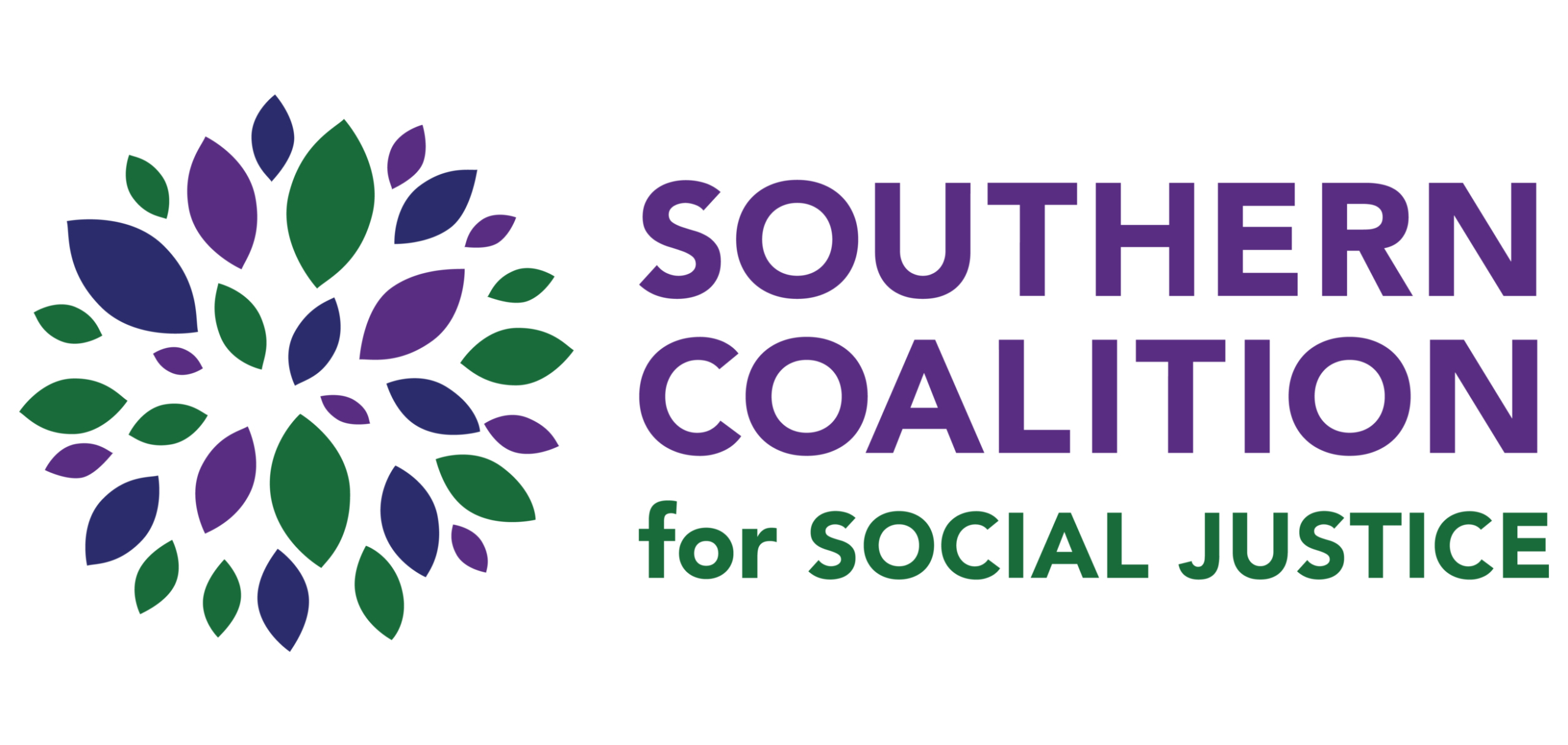Local boards throughout North Carolina are determining how to conduct this year’s election after a federal appeals court overturned much of the state’s voter restriction law last month. The law was passed in 2013 and the court determined that it was drafted with discriminatory intent. This was done by eliminating several of the voting methods and patterns commonly used by African-American voters in the state. New voting plans and schedules need to be adopted by local elections boards to comply with the court ruling, but that is raising questions in some areas.
Every three member local elections board is composed of two Republicans and one Democrat. While 66 of the 100 county boards have submitted bipartisan plans, the remaining 34 counties did not reach a compromise. Allison Riggs, Senior Attorney at the Southern Coalition for Social Justice (SCSJ) who successfully argued the case before the 4th U.S. Circuit Court of Appeals, recently told the New York Times that while many of the plans appear to be fair, “We’re in the neighborhood of 10, up to 20 that are really problematic.”
North Carolina is a battleground state this election. Races for president, U.S. Senate, and governor are all hotly contested, and voting restrictions could cast a cloud over the outcomes. SCSJ is reviewing local election plans and could challenge those it views as unfair to minority voters.
Click here to read the full the New York Times article from August 31 that covers many of the questions surrounding North Carolina’s voting process for this November’s election.
